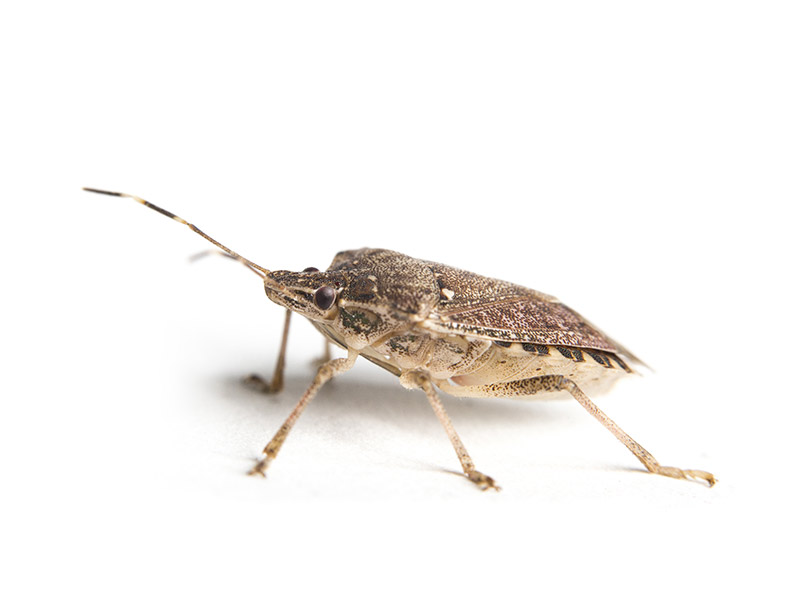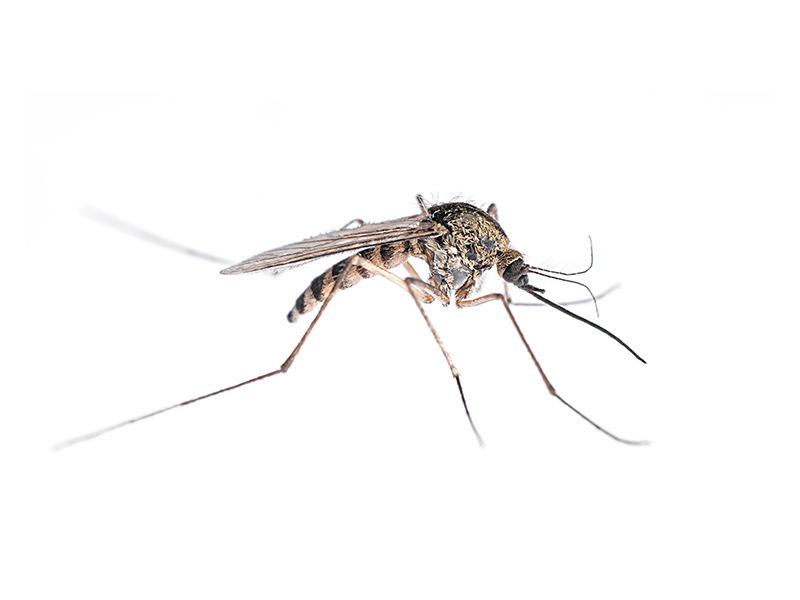Checking Out Cutting-edge Techniques and Products for Efficient Pest Control
The landscape of parasite control is progressing, noted by the emergence of cutting-edge strategies and products made to boost performance and sustainability. From clever catches furnished with sophisticated surveillance systems to organic techniques that employ natural killers, these innovations provide a paradigm change in exactly how we approach pest management.
Smart Traps and Keeping An Eye On Equipments
Just how can modern-day innovation improve insect management? One considerable innovation is the advancement of smart catches and checking systems, which offer real-time information and analytics for reliable insect control. These systems utilize sensors and cordless modern technology to spot bug activity, alerting residential property supervisors and insect control experts to problems before they escalate.
Smart catches are geared up with functions such as lure terminals that draw in pests and catch them successfully. These catches can be monitored remotely, permitting for timely treatments and decreasing the requirement for substantial chemical applications. In addition, the integration of maker discovering algorithms makes it possible for these systems to differentiate in between target parasites and non-target species, boosting the precision of pest control procedures.
Furthermore, the information accumulated from clever catches can be examined to determine patterns in parasite actions and ecological factors contributing to infestations (Pest Control in Port Charlotte). This details is vital for developing targeted pest management strategies tailored to particular atmospheres. By welcoming clever catches and checking systems, pest control experts can enhance their functional effectiveness and minimize the environmental influence of pest monitoring, inevitably causing much safer and much more sustainable practices in the industry
Organic Bug Control Methods
Utilizing all-natural predators and bloodsuckers, organic pest control approaches use an ecologically pleasant alternative to chemical treatments. This approach includes the intro or enhancement of details microorganisms that can normally control parasite populations, thus lowering dependence on artificial pesticides. Usual instances include the usage of ladybugs to control aphid problems and parasitic wasps to target caterpillars.

Biological control can be classified right into three primary approaches: timeless, augmentative, and conservation. Classical organic control involves importing all-natural opponents from the pest's native habitat, while augmentative control involves enhancing the populace of existing natural enemies via releases. Conservation approaches focus on developing problems that support these valuable organisms in the ecological community.
The efficiency of organic bug control pivots on recognizing the intricate communications within ecosystems. It commonly needs a detailed evaluation of bug dynamics and the life process of both the parasites and their natural adversaries. While biological approaches might not offer instant outcomes like chemical options, they add to lasting bug administration and ecological community health. As understanding of environmental issues grows, organic bug control approaches are increasingly acknowledged for their sustainable role in incorporated parasite management programs.
Eco-Friendly Chemical Alternatives
Environment-friendly chemical choices give a viable solution for pest administration that minimizes environmental influence while efficiently regulating pest populaces. These choices are stemmed from natural sources and are very carefully formulated to target specific parasites without harming advantageous organisms, making them an essential element of lasting bug control approaches.
Amongst the most efficient eco-friendly alternatives are plant-based pesticides, such as neem oil and pyrethrin, which are stemmed from the seeds and blossoms of various plants. These materials interrupt the life cycles of parasites, lowering their populations without the hazardous results related to traditional pesticides - Pest Control in Port Charlotte. Additionally, crucial oils like peppermint and clove oil exhibit repellent properties, better improving their energy in insect management

Furthermore, environmentally friendly chemical alternatives commonly damage down more swiftly in the environment, reducing the danger of dirt and water contamination. This particular aligns with the raising consumer need for lasting methods in agriculture and urban bug control. As study Read Full Article proceeds to development, the advancement of ingenious environment-friendly solutions will certainly additionally improve efficacy and widen application areas, allowing pest monitoring specialists to embrace greener, much more responsible approaches in their techniques while guarding human wellness and the setting.
Pheromone Disruption Strategies
One more ingenious strategy in lasting insect administration is the use of pheromone disruption techniques. These techniques manipulate the all-natural chemical signals, or pheromones, that insects use for interaction, specifically in breeding actions. By interfering with these signals, bug populaces can be successfully taken care of without resorting to hazardous chemicals.
Pheromone catches are typically utilized in this method. Over time, this can lead to a considerable decline in pest populations.

Integrated Bug Monitoring Techniques
Reliable parasite try this out control typically calls for a detailed technique, and Integrated Pest Administration (IPM) methods supply a structure for attaining this goal. IPM incorporates numerous management practices to lessen insect populations while reducing reliance on chemical pesticides. This diverse method begins with comprehensive monitoring and recognition of parasites, enabling targeted treatments based on certain bug pressures.
Social practices, such as crop rotation and sanitation, play an important function in protecting against bug facility. Organic controls, consisting of natural predators and parasitoids, are utilized to maintain insect populaces at workable levels. When required, selective chemical treatments are used, stressing reduced poisoning to non-target types and the environment.
By using this alternative method, IPM not only enhances bug control effectiveness yet also contributes to lasting environmental equilibrium. Ultimately, Integrated Bug Management stands for a forward-thinking service why not find out more that lines up farming performance with ecological stewardship, making it vital in modern parasite control approaches.

Final Thought
Finally, the combination of ingenious strategies and items for efficient bug control represents a substantial development in sustainable pest monitoring. Smart traps and checking systems, biological bug control methods, eco-friendly chemical choices, and pheromone interruption strategies collectively improve the performance of insect monitoring approaches. By taking on these methods, the dependence on standard chemicals can be decreased, advertising ecological health while making sure reliable pest control. Proceeded study and advancement in these locations will certainly further enhance pest management practices.
Comments on “Get professional Pest Control in Port Charlotte to eliminate infestations today.”